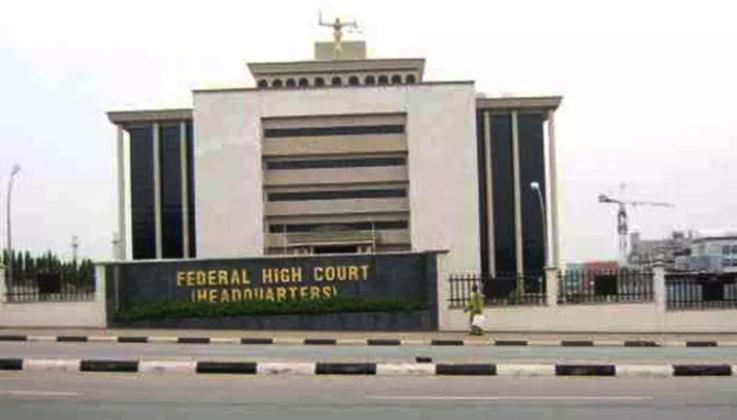Justice Peter Lifu of the Federal High Court in Abuja has once more prohibited the Independent National Electoral Commission (INEC) from providing the voters’ register to the Rivers State Independent Electoral Commission (RSIEC) in anticipation of the local government elections scheduled for October 5, 2024. This ruling came during the judgment of a lawsuit instigated by the All Progressives Congress (APC) in Rivers State. In delivering his verdict, Justice Lifu criticized the RSIEC for unilaterally determining the election date without observing the legitimate legal protocols necessary for conducting elections.
The judge articulated that the RSIEC breached local election laws by neglecting to publish the required 90-day notice, an essential prerequisite before setting any election date. He emphasized that for a date to be deemed legally valid, the updating and revision of the voters’ register must happen prior to the designation of such a date. As a result of these findings, he ordered that INEC must refrain from issuing the certified voters’ register to the RSIEC until all necessary legal conditions have been satisfied.
Moreover, the judge extended his ruling to bar the RSIEC from utilizing any voters’ registers issued by INEC for the upcoming local government elections. Consequently, he also prohibited the Inspector General of Police (IGP) and the Department of State Services (DSS) from offering any security for the forthcoming elections. This comprehensive ruling reflects the court’s adherence to legal frameworks and its checks on electoral bodies’ autonomy in conducting elections.
The APC’s legal team, which included distinguished Senior Advocates of Nigeria (SANs) Joseph Daudu, Sebastine Hon, and Ogwu James Onoja, vigorously presented the case on behalf of the political party. They argued that the potential for electoral malpractices was high given the RSIEC’s disregard for electoral law provisions. The court’s ruling emphasized the importance of accountability and adherence to legal procedures in the electoral process, thereby reinforcing the rule of law.
This is not the first time that the court has intervened in this electoral process. Previously, on July 19, Justice Lifu had issued an ex-parte order that initially restrained INEC from releasing the voters’ register to enable RSIEC to oversee the elections. This earlier ruling signaled the judge’s strong stance on maintaining the electoral integrity by ensuring compliance with established laws. The court’s direction for all parties to maintain the status quo ante bellum highlights its commitment to a thorough examination of the processes involved before allowing any further progress toward the elections.
In light of these developments, the ongoing situation underscores significant implications for the electoral process in Rivers State. This legal battle showcases the intersection of politics and law in Nigeria, particularly how courts play a decisive role in safeguarding electoral integrity from potential abuses by local electoral authorities. The challenges ahead may necessitate further legal interpretation and adherence to statutory requirements to ensure that the local government elections unfold in a manner consistent with democratic principles.














